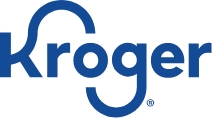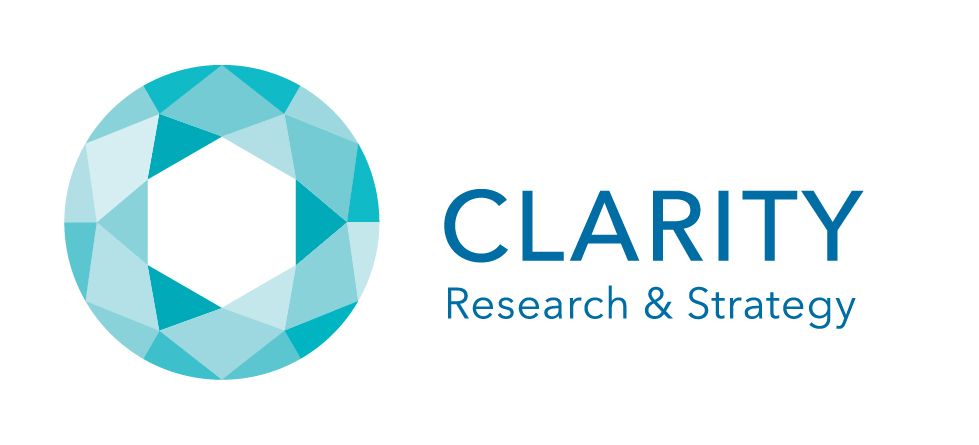Marketing Research and Analysis for Insight-Driven Strategy


Marketing Research Analysis for Insight-Driven Marketing Strategy
You’ve built your business plan, fleshed out your brand, identified your target market, and solidified your value proposition relative to your targets. What’s next? Building out your marketing strategy to identify where and how you will promote, sell, deliver, and discuss your products or services.
Marketing Research
Methods
Marketing research and analysis can serve as your guide across all components of the marketing strategy. Understanding and planning around behavior and preferences (for example, where and how your target customers get their information, where they prefer to buy, and how they tend to interact with brands) can put you on course and keep your brand top of mind.
So, what kinds of inputs are most useful for marketing strategy development? We generate and analyze various types of research, including (but not limited to):
Qualitative Studies
Unstructured customer comments, focus groups, interviews, ethnography, mystery shopping, trend analysis
Quantitative Studies
Various forms of survey research, interviews, polls
Digital
Social media listening, A/B testing
Internal
Customer feedback, sales analysis, purchase behavior, channel data
Marketing Research Analysis Drives Marketing Strategy
Insights guide and influence every component of going to market, from channel strategy to communications across brand touchpoints. We help our clients determine the most useful combination of research techniques. We analyze the research results to elicit the insights that will best serve both the company and its customers.

These Brands Have CLARITY














CLARITY Helps Its Clients Gain Clarity About Their Customers, Their Competition, And Their Brand.
CLARITY Converts Curiosity To Clarity.
Get in touch today to establish your relationship with CLARITY.


